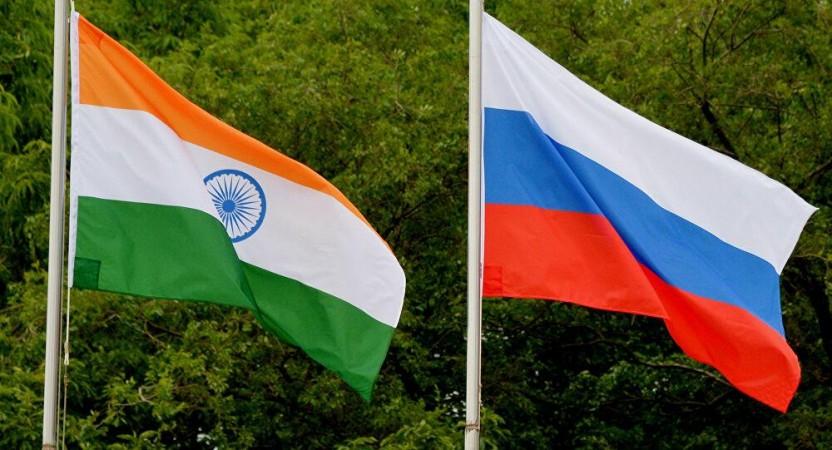India has not been invited to the extended troika talks on Afghanistan convened by Russia set to be held on August 11. The giveaway came on July 20 and the aftermath is evident now.
Russia's Special Presidential Envoy for Afghanistan, Zamir Kabulov, had made it clear on July 20 in Moscow that India cannot participate in the format of the expanded group of three because it did not have any influence on the Taliban.

"The format of the 'Extended Troika' with the participation of Russia, along with the US, China and Pakistan is convened exclusively to facilitate the launch of the intra-Afghan talks leading to the national accord. Only countries that have an unequivocal influence on both sides [of the conflict] participate," the envoy explained, Tass reported.
Additionally, the contradictions of India and Pakistan are being projected on the situation in Afghanistan. "The Indians suspect the Pakistanis of striving to use Afghanistan as a strategic rear. The Pakistanis suspect India of wanting to use Afghan territories to harm Pakistan's interests. This is their affair. As they say, a plague on both your houses," Kabulov said.
"India's future efforts, in a more expanded format, will only be welcomed. This expanded format will involve Afghanistan's post-conflict development. Here, India's clout and its role are rather significant," he specified at an online discussion of the international Valdai discussion club.
Doha Talks on Afghanistan without India
Russian Foreign Ministry deputy spokesman, Alexander Bikantov, announced the new troika meeting on August 11 in Doha.
"Against this background, we continue to seek from all parties in Afghanistan the launch of substantive peace talks. With this aim, the participation of the Russian Special Presidential Envoy for Afghanistan and Director of the Foreign Ministry's Second Asian Department, Zamir Kabulov, is planned in a new meeting of the expanded trio (Russia, the US, China and Pakistan) in Doha, scheduled for August 11," he added.
In March, Andrey Serenko, a Russian political expert on Afghanistan, had criticised Russia for not inviting India to the meeting, stressing that India is a very influential stakeholder and the meeting will not be "inclusive" without it.
A report by The Atlantic Council said the US withdrawal and potential power vacuum that results in the region will allow Russia to establish a geopolitical foothold in Afghanistan.
US departure
For this purpose, it has already started building relationships with Afghan political factions. Russia still sees itself as a regional hegemon and views the US departure as an opportunity to revitalise its role and expand its power by building alliances in the region, particularly with China.
It added that Beijing's major interest in securing economic gains can be achieved by using Afghanistan's position as a regional connector in either the Belt and Road Initiative or the China-Pakistan Economic Corridor.
In addition, since 2007, China has been seeking ways to extract Afghanistan's vast mineral wealth, which requires security and transportation infrastructure.
None of this is possible without a stable Afghanistan, so China is still assessing the political landscape in Afghanistan, looking at what it can gain from a peace deal.
New Sino-Russian alignment
Following the rule of "enemy of my enemy is my friend", both Beijing and Moscow are eager to undermine Washington. China and Russia are now more aligned than they've been since the mid-1950s.
These countries will expand their political outreach to the region through bilateral and trilateral agreements, well aware that historically, romances among global powers do not last for long.
For now, both Beijing and Moscow will maintain a presence in Afghanistan to prevent the potential threats that instability in the country could pose to their security.
In March, Russian observers, such as Serenko and Sergey Strokan and Elena Chernenko, writing for Kommersant daily, had criticised Moscow for jeopardising its traditional good relations with India by not inviting it to the extended troika meeting, pushing India closer to the US, which plans to invite India to the Istanbul conference.










